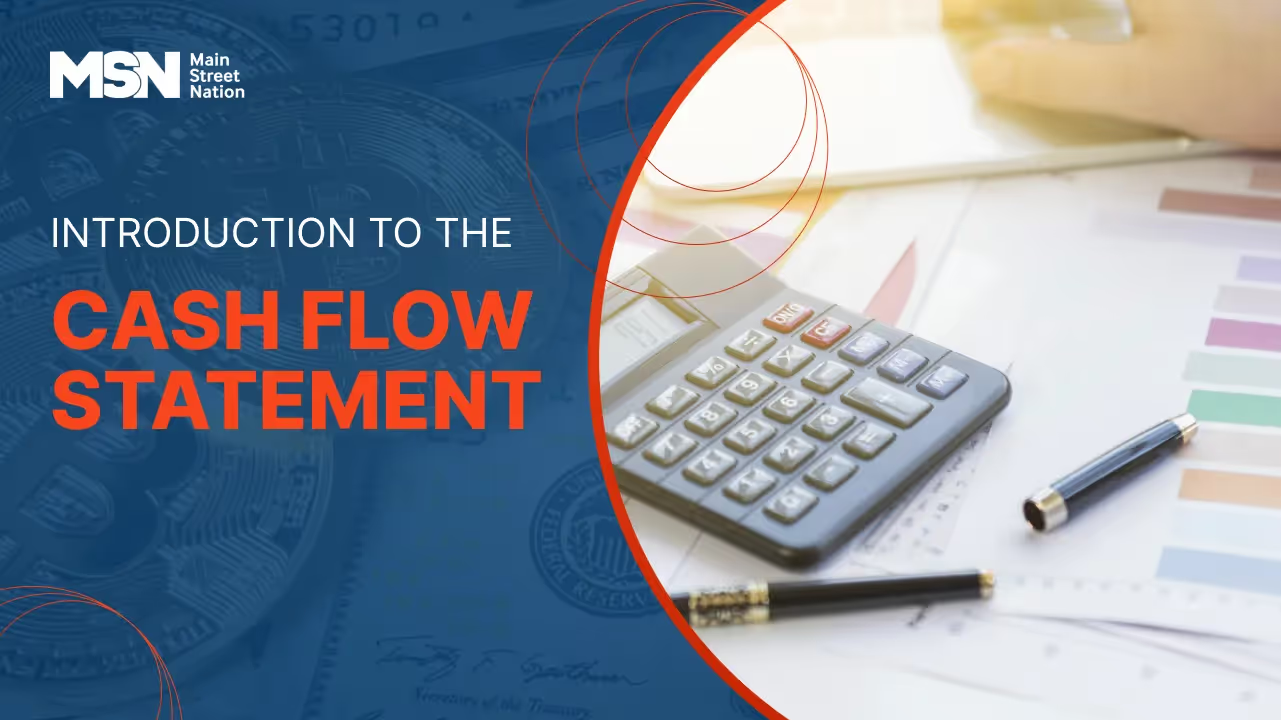As a new entrepreneur, you're embarking on an exciting journey filled with opportunities and challenges. One of the most crucial steps in setting up your business for success is establishing a dedicated business bank account. A business bank account not only helps you manage your finances more effectively but also lends credibility to your venture and protects your personal assets. In this guide, we'll walk you through the process of choosing and setting up the perfect business bank account for your new enterprise.
Why Do You Need to Set Up a New Business Bank Account?
Separating Personal and Business Finances
The primary reason for setting up a business bank account is to separate your personal finances from your business transactions. By maintaining a clear distinction between the two, you can ensure accurate record-keeping, simplify tax preparation, and avoid potential legal complications. Commingling personal and business funds can lead to confusion, making it difficult to track expenses and income, which can ultimately hinder your business's growth.
Establishing Credibility and Professionalism
Having a dedicated business bank account adds credibility to your venture. When you provide clients or vendors with a business account for transactions, it demonstrates that you are running a legitimate and professional operation. This can help foster trust and build stronger relationships with your business partners and customers.
Facilitating Tax Compliance
Maintaining a separate business bank account makes tax compliance much easier. You can track your business income and expenses more accurately, which simplifies the process of filing taxes and claiming deductions. In the event of an audit, having a clear record of your business transactions in a dedicated account can help you avoid potential legal issues and penalties.
Accessing Business-Specific Features and Benefits
Business bank accounts often come with features and benefits tailored to the needs of entrepreneurs and small businesses. These may include higher transaction limits, lower fees, online banking tools, and integration with accounting software. By opting for a business account, you can take advantage of these features to streamline your financial management and save time and money in the long run.
Building Business Credit
Establishing a business bank account is an essential step in building your business credit. As you use your account responsibly and maintain a positive balance, you can create a track record of financial stability. This can be invaluable when seeking loans, lines of credit, or other forms of financing to grow your business in the future.
What Should You Be Looking for in a Business Bank Account?
When choosing a business bank account, there are several key features to consider. These factors can significantly impact your day-to-day operations, financial management, and overall banking experience. Let's explore each of these features in more detail.
Fees
One of the most important aspects to consider when selecting a business bank account is the fees associated with it. Some banks charge monthly maintenance fees, transaction fees, or fees for specific services like wire transfers or overdrafts. Look for an account with minimal or no fees to keep your costs low, especially if you're just starting out.
Location
Consider the location of the bank and its branches. If you prefer in-person banking or need to make regular cash deposits, choose a bank with conveniently located branches near your business. However, if you primarily conduct transactions online, the physical location may be less important.
Perks
Many banks offer perks and rewards for business accounts. These can include cashback on purchases, discounts on business services, or even airline miles. Evaluate the perks offered by different banks and consider which ones align with your business needs and spending habits.
Minimum Balance Requirements
Some business bank accounts require you to maintain a minimum balance to avoid fees or earn interest. Consider your business's cash flow and determine whether you can comfortably meet the minimum balance requirements without straining your finances.
APY / Interest Rates
If you plan to maintain a significant balance in your business account, look for an account with a competitive Annual Percentage Yield (APY) or interest rate. While interest rates on business accounts may be lower compared to personal savings accounts, earning some interest on your funds can still be beneficial.
Integrations with Other Software
Many business bank accounts offer integrations with popular accounting software like QuickBooks or Xero. These integrations can automate transaction categorization, reconciliation, and financial reporting, saving you time and effort in managing your business finances.
Digital Capabilities
In today's digital age, having a business bank account with strong online and mobile banking capabilities is crucial. Look for an account that offers a user-friendly website and mobile app, allowing you to easily manage your transactions, pay bills, and transfer funds on the go. Additionally, consider features like mobile check deposit, online invoicing, and account alerts.
When evaluating these features, it's essential to assess your business's unique needs and priorities. A freelancer with minimal transactions may prioritize low fees and digital capabilities, while a retail store may place more emphasis on location and cash deposit options. Take the time to compare different business bank accounts and read reviews from other entrepreneurs to make an informed decision.
Remember, your business bank account is a long-term partnership. Choose a bank that not only meets your current needs but also has the potential to grow with your business. Don't hesitate to reach out to bank representatives and ask questions about their products and services to ensure you find the best fit for your entrepreneurial journey.
How Do You Set Up a Business Bank Account?
Setting up a business bank account is a straightforward process, but it requires some preparation and documentation. In this section, we'll guide you through the steps involved, including the documents you need, the typical timeline, and the questions you should be ready to answer.
Documentation Required
Before setting up your business bank account, gather the following documents:
1. Business formation documents: These include your articles of incorporation, partnership agreement, or LLC operating agreement, depending on your business structure.
2. Employer Identification Number (EIN) or Social Security Number (SSN): You'll need your EIN if you have one. If you're a sole proprietor without an EIN, you can use your SSN.
3. Business licenses and permits: Bring any relevant business licenses or permits required by your state or local government.
4. Identification documents: You'll need to provide a valid government-issued photo ID, such as a driver's license or passport, for yourself and any other signers on the account.
5. Proof of business address: This can include a utility bill, lease agreement, or business registration document that shows your business address.
6. Initial deposit: Some banks may require an initial deposit to open your account. Check with your chosen bank for their specific requirements.
Timeline
The time it takes to set up a business bank account varies depending on the bank and whether you apply online or in person. In most cases, you can open an account within a few days to a week. Some banks may even allow you to open an account online instantly, provided you have all the necessary documentation ready.
Questions to Be Prepared For
When setting up your business bank account, the banking representative may ask you several questions. Be prepared to answer the following:
1. What is the nature of your business? Be ready to provide a brief description of your products or services and your target market.
2. What is your business structure? Specify whether you're a sole proprietor, partnership, LLC, or corporation.
3. What is your expected monthly transaction volume? Estimate the number and dollar amount of transactions you anticipate each month.
4. Will you be making international transactions? If you plan to do business internationally, let the representative know, as this may affect the type of account you need.
5. Who will have signing authority on the account? Decide who will be authorized to sign checks and make transactions on behalf of your business.
6. How do you plan to use the account? Explain whether you'll primarily use the account for deposits, payments, or a combination of both.
Tips for a Smooth Setup Process
1. Schedule an appointment with the bank to ensure you have dedicated time with a representative who can assist you.
2. Bring all the required documents to avoid delays in the setup process.
3. Ask questions about any fees, minimum balance requirements, or other account features you're unsure about.
4. Review and understand the account agreement before signing any documents.
Setting up a business bank account is an essential step in managing your business finances effectively. By gathering the necessary documents, understanding the timeline, and being prepared to answer key questions, you can streamline the setup process and get your account up and running smoothly.




